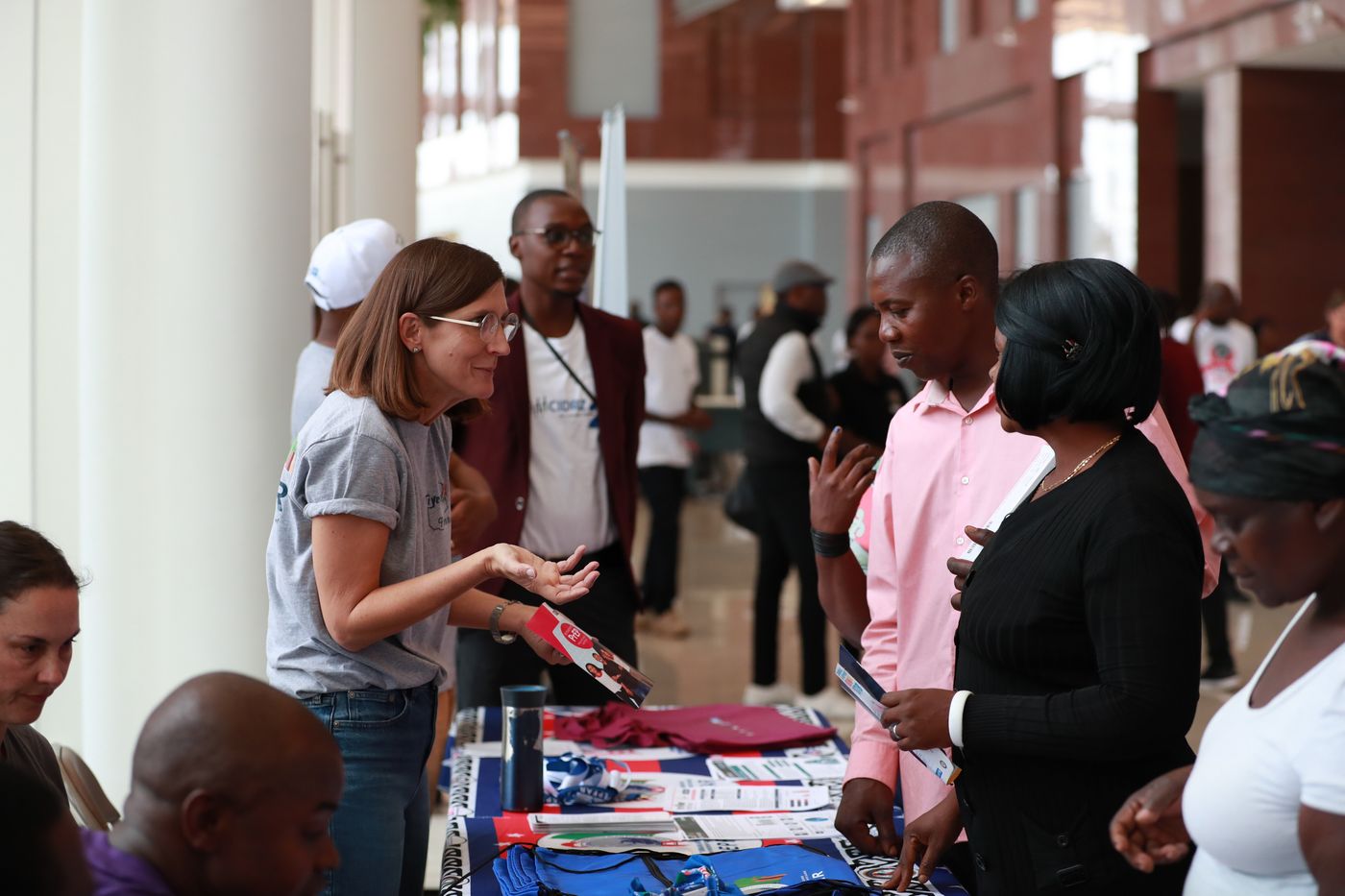The Lobito Corridor and the Global Race for Critical Minerals
The Lobito Corridor is a network that involves the expansion of a rail line, roads, communication technologies and energy infrastructure from the mineral-rich regions of the Democratic Republic of the Congo (DRC) and Zambia to the Atlantic Ocean port of Lobito in Angola. The Hichilema government joined the network as part of its wider plan to develop multiple transport corridors that will safeguard landlocked Zambia’s access to global markets through shipping. Between 2023 and 2024, the United States and the European Union (EU) committed to providing multibillion-dollar investments to support the development of the Lobito Corridor, which is being driven by the G7’s Partnership for Global Infrastructure and Investment.
Investments in the Lobito Corridor are expected to protect the access of the United States and Europe to critical minerals (e.g. copper, cobalt, lithium, manganese and nickel) from Africa and to reduce China’s influence over supply chains. These are goals that align with the Trump administration’s interest in strategically using US foreign development assistance to secure the critical minerals that are required for the production of advanced technologies. However, there is confusion as to what extent the Trump administration will follow through with pledged commitments to the construction of the Lobito Corridor as well as speculation that cuts to US funding will delay the construction schedule. This has stimulated debates about the risks involved in relying on investments from Western countries.
Amid this rapidly changing context, the Chinese government is moving forward with its plans to rehabilitate infrastructure along the TAZARA Railway, which will safeguard its access to Zambia’s mineral resources via the Indian Ocean port of Dar es Salaam in Tanzania. However, the Zambian government follows a foreign policy of non-alignment and has recognised the economic opportunities that can be obtained from this competitive environment. Consequently, it has encouraged partners from Egypt, Japan, India, Saudi Arabia, South Africa, Russia and the United Arab Emirates (UAE) to invest in joint ventures that will help Zambia develop its transport infrastructure, mining industry and plans to establish an electric vehicle battery production zone along the border with the DRC. This suggests that the recent shift in US foreign policy has the potential to push the Zambian government towards pursuing more trade and investment partnerships with non-Western countries.
